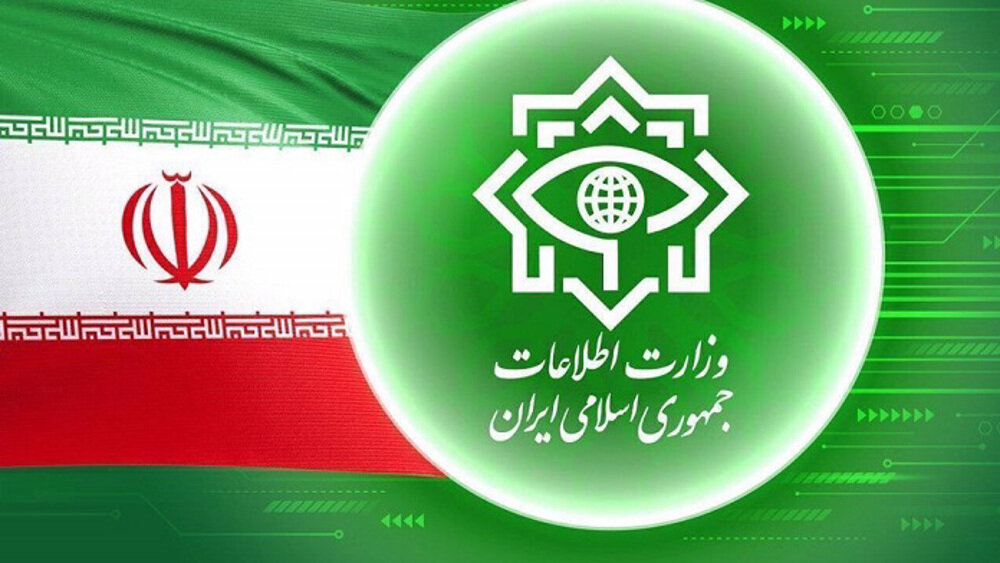Iran nabs largest UK-linked financial sabotage, online gambling network

TEHRAN- The largest nationwide coordinated internet gambling and betting network, founded and run by UK-based entities, was brought down by Iran’s Intelligence Ministry.
The news was released by the ministry on Saturday and was attributed to 14 months of “complicated intelligence research and surveillance.”
By exploiting up to 35,006 bank accounts, 1,200 payment gateways, and 54 significant gaming and betting websites, the network had been able to embezzle large quantities of money.
A portion of the money that the “London-based mafia network” received from gamblers would be deposited into their accounts as “gambling gains,” while large amounts of their funds would be transferred to the UK.
The ministry stated that in return for imposing high taxes on the mafia network’s profits, the UK government would turn a blind eye to its money laundering and other illicit activities. Thus, London would “practically pave the way for the culprits’ criminal activities,” the statement read.
Operatives from the ministry also detained five managers who were in charge of the “Pardakht.me” payment gateway and the “Nitro bet” network. They were accused of economic sabotage, operating online casinos, and receiving illegal profits.
The ministry stated that the UK-based network was involved in more than just fraudulent activity and that it was also working to normalize gambling, which is against Islamic teachings, through a variety of media channels.
During last year's unrest in Iran, certain European countries had gone to great lengths to sow instability in Iran by orchestrating plots and ploys which were successfully foiled.
Iran’s Intelligence Minister, Esmail Khatib, said that the government foiled a conspiracy to assassinate several Sunni clergies, judges, and members of the country’s Islamic Revolution Guards Corps (IRGC).
The plot, which was planned to be carried out “on September 30,” was intended to “fuel ethnic and religious differences” in the country, Khatib said in a visit to Mashhad.
The intelligence chief warned that the adversaries were aiming to create unrest along the eastern borders and urged authorities, both Shia and Sunni, to exercise caution.
In connection with the conspiracy, which aimed to attack the city’s populous centers, 28 terrorists were detained, according to the statement.
They were arrested from the provinces of Tehran, Alborz, and West Azerbaijan, the ministry said, adding the detainees were all members of Daesh with a history of serving the terrorist group in Syria, Afghanistan, Pakistan, and the Kurdistan region of Iraq.
According to the ministry, the explosions were aimed at spreading a false impression of pervasive insecurity, sowing hopelessness and dread across society, and igniting turmoil and protest.
“The planned operations aimed to undermine the security and authority of the country and present an unstable image of Iran. Terrorists wanted the country to be immersed in fear and despair and sought to eventually incentivize violence and riots,” read the Intelligence Ministry statement.
Significant amounts of explosive materials, tens of explosive devices, 17 U.S.-made handguns, multiple smart and satellite communication devices, suicide vests, and large sums of foreign currencies were confiscated from the terrorists, the ministry explained.
